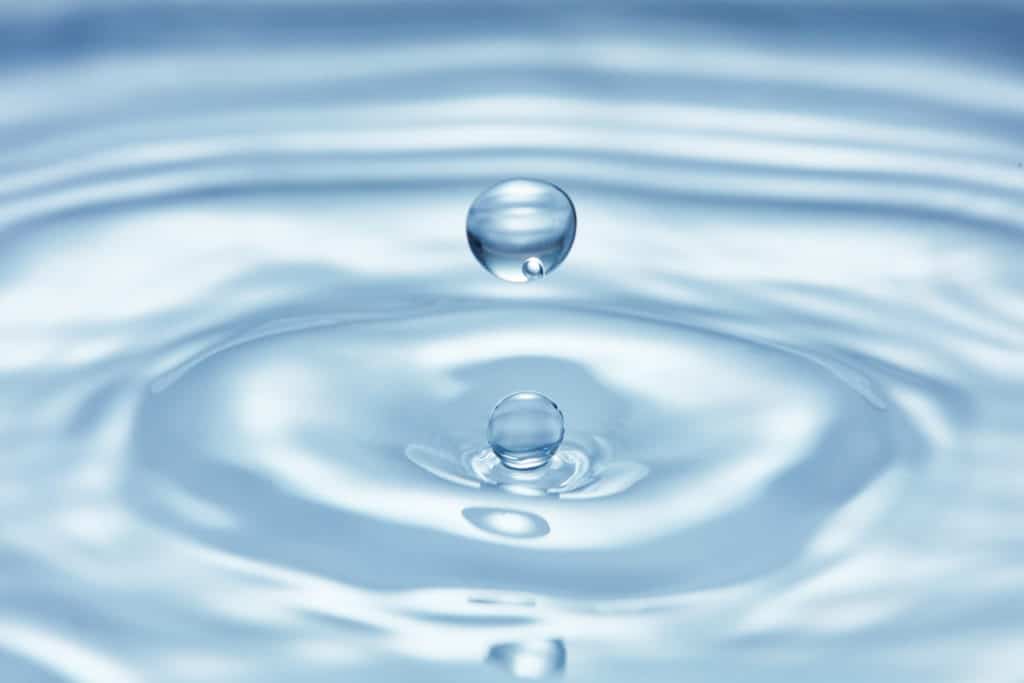Water cremation is an environmentally friendly, and affordable alternative to traditional funerals and burials. It involves mixing the body with potassium hydroxide and then using heat or pressure to produce ash.
The term “water cremation” refers to a form of eco-friendly burial that completely eliminates the need for embalming or casketing the body in preparation for burial or cremation. Water cremation utilizes a unique process that completely dissolves the body within a water-based solution, leaving the individual’s ashes pristine and free of any chemicals whatsoever.
Why Should You Consider Water Cremation?
The main benefit of water cremation is that it does not involve any chemicals, such as formaldehyde, which are present in traditional burial materials. Formaldehyde-based embalming fluids are actually toxic to humans and cannot be safely used without protective gear.
Water cremation also eliminates many concerns about the environment, as it does not require hazardous disposal methods that can be harmful to the environment. These environmental concerns include burying a body pumped with chemicals or scattering the remains into rivers. In addition, water cremation is a very hygienic way of disposing of bodies. It does not allow bacterial growth, which means that the remains do not have to be buried after being incinerated. This prevents them from being exposed to pathogens or other harmful organisms.
How does Water Cremation Work?
The most common forms of water cremation are tank and vessel-based systems. The solution entirely covers the body, and the container is then heated or pressurized so that all of the individual’s biological matter is dissolved, leaving only ashes.
Does Water Cremation Cost Less?
Water cremation is often more expensive than traditional cremations because of the extra preparation and equipment needed. However, many service providers offer plans that allow for lower costs due to discounts and other payment arrangements. Most companies offer a service that allows you to choose when you would like the cremation to occur and then lock in the price.
Is water Cremation Legal?
Yes, water cremation is legal, but there are still frameworks being developed for commercial applications. As it is still a new approach to traditional cremation, legislation has not been fully developed. As a result, the laws governing water cremation are very similar to those of traditional cremation.
Is Water Cremation Better for the Environment?
Yes, water cremation is better for the environment than traditional burials. Traditional burials cause several problems such as waste disposal, soil erosion, groundwater contamination, and toxic waste in the soil. Water cremation helps alleviate these issues by eliminating most of the embalming process.
Who Provides Water Cremation Services?
If you’re interested in water cremation, you’ll need to find a service provider in your area who offers it as an alternative to traditional burial and cremation processes. You can find local companies that provide water cremation services by doing a simple search online.
What to do with Ashes after Cremation
Cremation ashes are the residue that remains after your loved one’s body is completely burned. The process lasts anywhere between one and three hours, depending on the type of crematorium oven used. Once the process is complete, all that remains are about 2% of your loved one’s original body weight in cremation ashes.
After cremation, ashes are collected in a small container called an urn. The container is generally made of steel, ceramic, or plastic. There’s no right or wrong way to think about what to do with cremation ashes.
There are many ways to immortalize the departed. One practice is to scatter cremated ashes. Another is to incorporate them into a memorial object, such as a heart-shaped urn or a hand-carved statue of your loved one.
Benefits of Cremation
If you are considering water cremation for your loved one, here are some advantages over traditional burials.
• The process is simpler. With burial, the dirt and rocks need to be taken care of, and even if you chose a simple wooden coffin, there is a lot of work that needs to be done with preparation. With cremation, the body is disposed of in minutes with no mess or fuss.
• Cremated remains can be stored easily. With a burial, there is the cemetery with all of its rules, fees, and restrictions. With cremation, your loved ones can be stored in any room that you choose, so they are close by if you wish to remember them.
• The cost is less expensive than a burial. With a burial, there are cemetery costs, monument costs, and coffin costs. Then you need to worry about upkeep for the next twenty or more years. If you choose cremation, there is no need for a cemetery plot or monument.
• There is no need for heavy equipment. With a burial, you must rent or purchase a backhoe to dig a grave or tomb. In some locations, there may be restrictions on how big and deep the hole can be. Then you need to pay someone to come in with their heavy equipment to dig the hole. Cremation means that you don’t need all of this work to be done at all.
• Cremated remains are easily transported. In a grave, you need to have a vault constructed in order to protect the ground against erosion. With cremation, there is nothing to worry about. Your loved one can be transported anywhere in the world without the worry of damage to their final resting place.
Green Cremation Texas – Austin Funeral Home
937 Reinli St, Suite 27
Austin TX 78751
(512) 607-4075
Social Accounts:
https://www.facebook.com/cremation.green
https://twitter.com/cremationgreen
https://www.linkedin.com/company/green-cremation-texas-llc/
https://www.youtube.com/channel/UCMOOdxlfnkidEq6zwA1uRlA
https://www.instagram.com/cremation.green/






